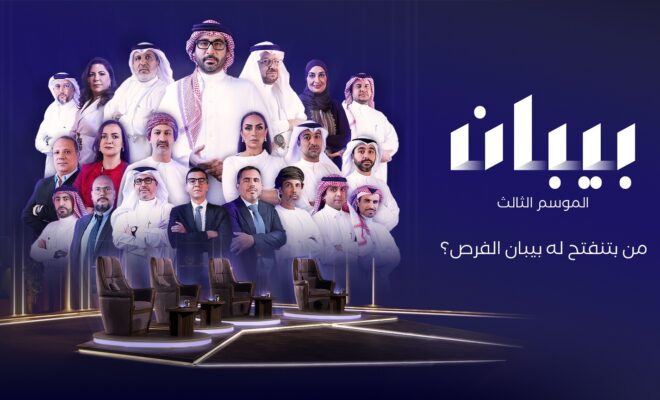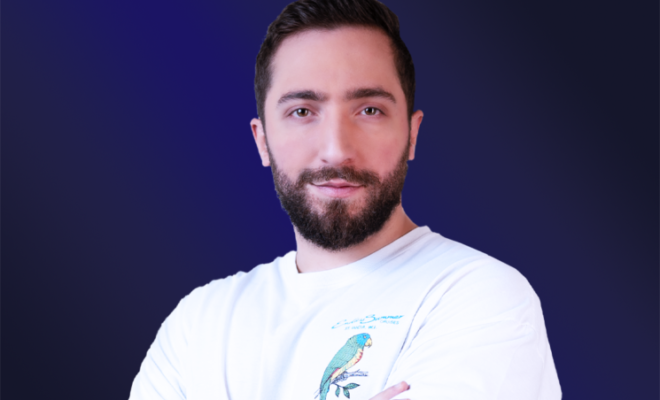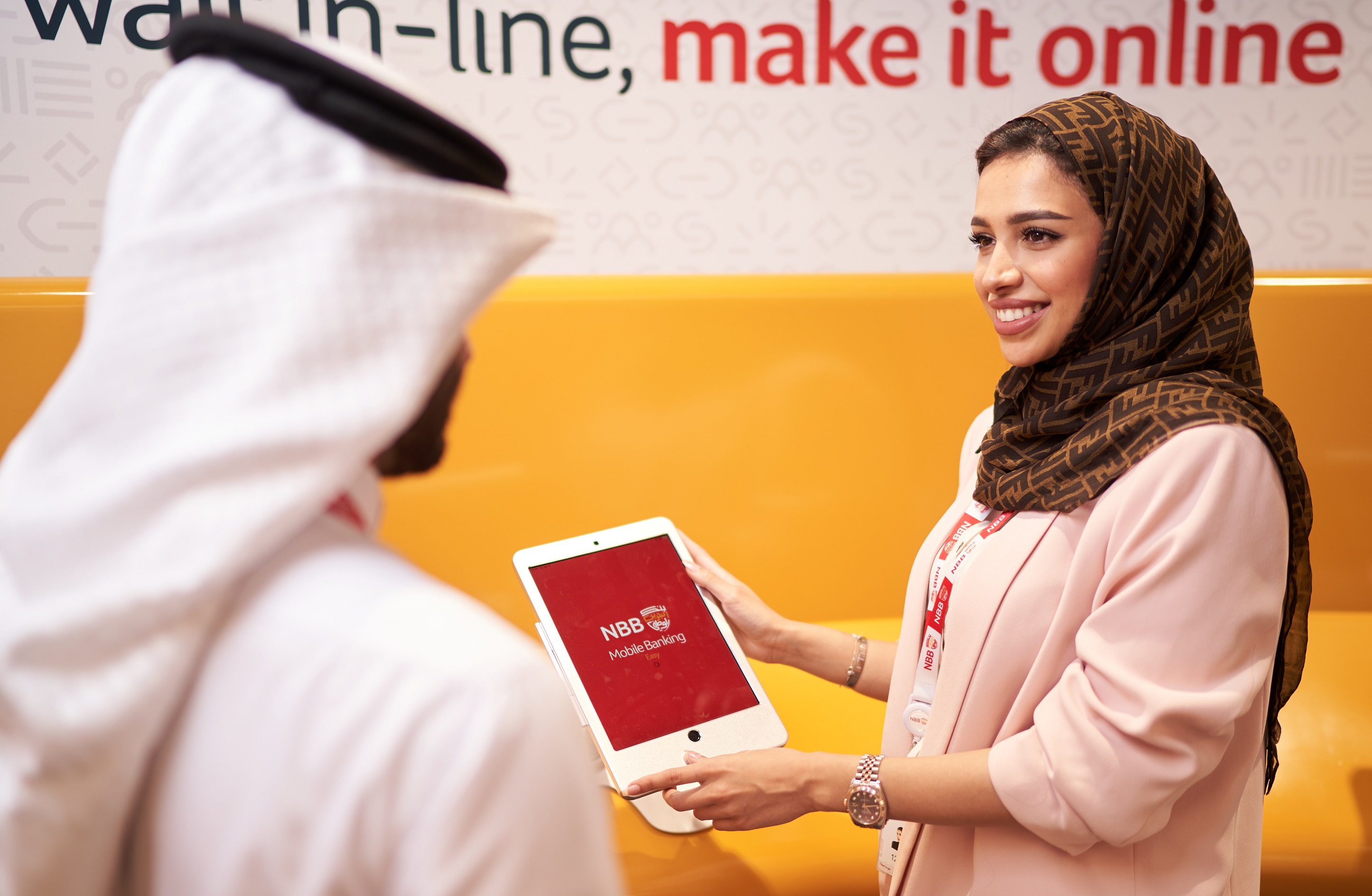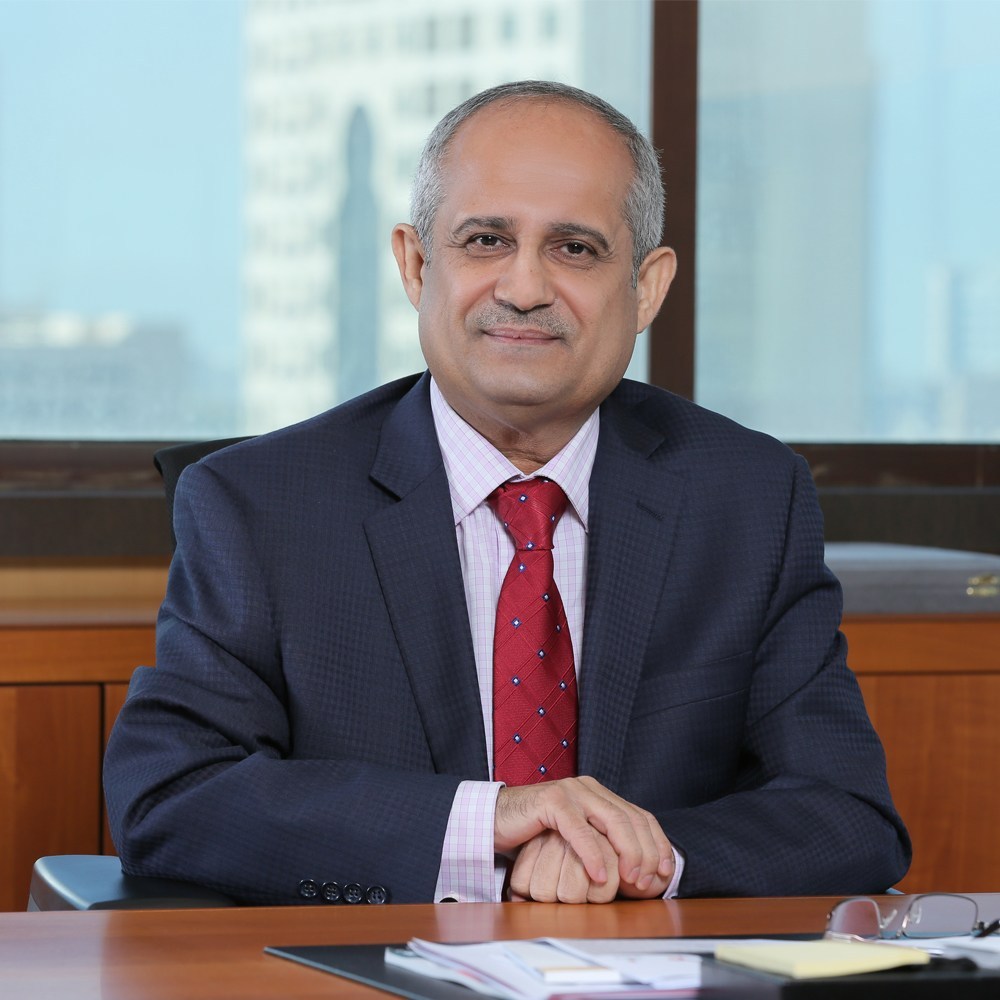The Future of Employability

Interview with Samar Muradi, Group Recruitment Specialist for Bank ABC; Member- Women in Fintech
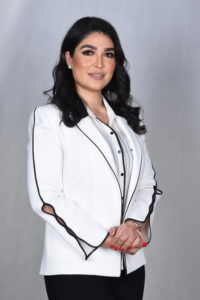 Please tell us more about the scope of your work as Group Recruitment Specialist for Bank ABC.
Please tell us more about the scope of your work as Group Recruitment Specialist for Bank ABC.
In my current role as a Group Recruitment Specialist, I advise and counsel the bank’s senior management to attract and retain top talent from the global market, which is now increasingly focused and targeted towards digital banking.
I also partner with the key stakeholders to identify current vs. future talent skills based on business drivers and enablement. As part of the recruitment process, we leverage new data-based talent technologies and innovative organizational processes to achieve strategic corporate goals.
You talked about the “Future of Employability” and many graduates or those who will be graduating are afraid that there is a mismatch between their skills and what the market needs. Please share your thoughts on this.
A recent report published by the World Economic Forum in 2018 suggested that robot automation will create more jobs than they displace, hence it is critical that graduates
focus on soft skills just as much as hard skills. Many kinds of jobs are going to have a digital component, however, this doesn’t mean everyone’s got to be a computer scientist. It is imperative that graduates sharpen their data skills and have the ability to adapt to change and conceptualize complex multiple ideas at once (transdisciplinarity) as well as keep on top of their creative skills and maintain an innovative mindset. Having an excellent sense of social intelligence and natural creativity is something that can’t be easily replicated by the latest digital technologies. As long as you can think outside the box, you’ll be just fine.
 How do you advise individuals to develop their careers as opposed to landing a job?
How do you advise individuals to develop their careers as opposed to landing a job?
Never stop learning. Invest in yourself and embrace the process of learning in the workplace. I believe learning is a lifelong activity that you should incorporate in your everyday life as this is how you bring value to yourself.
If you want to transform your job into a career, below are a few tips you can follow:
a. Change your outlook: Challenge yourself to approach your work with a different outlook where you may find yourself imbued with a sense of purpose. Always remember that your responsibilities, however mundane they may seem, are integral to the organization’s continued success.
b. Play to your strengths: You are more likely to feel satisfied with your job when you utilize your strengths. Try to redesign your responsibilities to better leverage your strengths.
c. Look outside yourself: Consider focusing some of your energy on making connections, including internally with colleagues and your manager as well as with people pursuing a path you admire. Building relationships and networking will help break- up the monotony of a typical day and give you a different aspect of your professional life to focus on.
Understand who you are and what you want. That’s not about money or things, it’s about what’s in your heart. What really matters to you? If you can find a way to make that your career, you’ll find opportunities around every corner and success at the end of the day.
 Tell us more about your passion and what inspires you in your career?
Tell us more about your passion and what inspires you in your career?
My core passion is assisting individuals in identifying their strengths and guiding them to further explore, develop and evolve their career journey as opposed to just landing a job. I am keen to actively contribute to creating a platform that enables vertical and lateral connection and engagement between employees within the firm.
When working with any organization, I am interested in understanding their talent strategy, people analytics, and more specifically help the business leaders see beyond the data to identify solutions that will raise the bar for all things people related.
As a Talent Acquisition professional, my ultimate objective is to enable and foster an open, relevant, trustworthy and mutually beneficial relationship between all employees and the senior leadership team.
I believe that high performing organizations need to attract the best, develop the best, and retain the best talent to be the best in all that they do.
What inspires me the most is working closely with the process of evolvement in talent acquisition for the Fourth Industrial Revolution.
A recent report published by the World Economic Forum in 2018 suggested that robot automation will create more jobs than they displace, hence it is critical that graduates focus on soft skills just as much as hard skills.
Do you have any advice for the would-be graduates next year? How can they integrate into the marketplace and make their own contribution to the Bahraini economy?
I encourage the graduates to be fearless and move into the working world with all their energy, passion and a commitment to succeed. Yes, it will mean leaving the comfort zone of college, friends and perhaps family, too, but it’s a necessary part of getting ahead and writing the next chapter of their lives. Build a broad network of strong, trusted relationships and be known as someone who people eagerly want to collaborate with.
In your first job, be prepared to embrace and learn from things that may seem sub-optimal on the surface, and even from some of your mistakes. Like most new grads, when I started my first job, I had a rosy and optimistic view of it and what I would bring to it. But, at times reality didn’t match my rosy view, and it felt like a setback instead of an opportunity.
At the moment, it’s hard to appreciate that those setbacks and mistakes that you make are actually learning opportunities that will not only make you better at your job but a better leader down the road. As painful as it may be, embrace the unpleasant to become stronger and leap ahead. It is also critically important to continually reassess and re-evaluate the skills required for your industry to continue to stay ahead of the competition.




